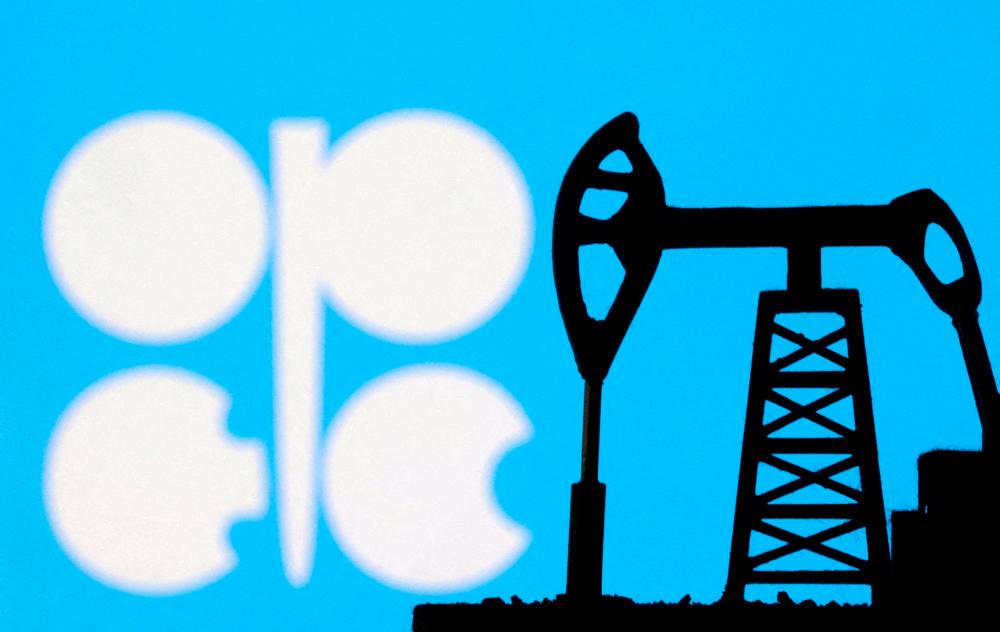NEW YORK: Oil prices climbed on Wednesday (Jan 3), settling up about 3% after a disruption at Libya’s top oilfield added to fears that mounting tensions in the Middle East could disrupt global oil supplies.
Brent futures rose US$2.36, or 3.1%, to settle at US$78.25 (RM362.72) a barrel. US West Texas Intermediate (WTI) crude rose US$2.32, or 3.3%, to settle at US$72.70 (RM337.00).
Both crude benchmarks settled higher for the for the first time in five days with the biggest daily percentage gain for WTI since mid November.
“Oil is trading ... higher today, buoyed it would appear by protests at Libya’s largest oilfield and further attacks in the Red Sea,” said Craig Erlam, senior market analyst UK & EMEA, at data and analytics firm Oanda.
In Opec member Libya, protests forced a shutdown of production at the 300,000 barrel per day (bpd) Sharara oilfield.
The Organization of the Petroleum Exporting Countries (Opec) said cooperation and dialogue within the wider Opec+ oil producer alliance will continue after Angola last month announced it would leave the group.
Opec+, which includes Opec and allies like Russia, said it plans a Feb 1 meeting to review implementation of its latest oil output cut
Federal Reserve officials appeared increasingly convinced inflation was coming under control, according to the minutes of US central bank's December meeting.
The Fed is widely expected to keep rates on hold in January. Traders have priced in a 65.7% chance of a 25 basis point rate cut in March, according to CMEGroup’s FedWatch tool.
Lower interest rates reduce consumer borrowing costs, which can boost economic growth and demand for oil.
The American Petroleum Institute (API), an industry group, and the US Energy Information Administration will release their oil inventory reports one day later than usual due to the New Year holiday with API expected on Wednesday and the EIA on Thursday.
Analysts forecast US energy firms pulled about 3.7 million barrels of oil from storage during the week ended Dec 29.
That compares with a build of 1.7 million barrels in the same week last year and a five-year (2018-2022) average decline of 4.0 million barrels. – Reuters









